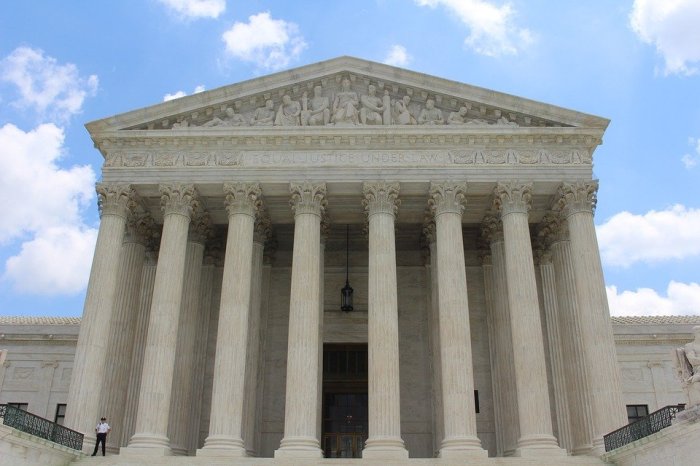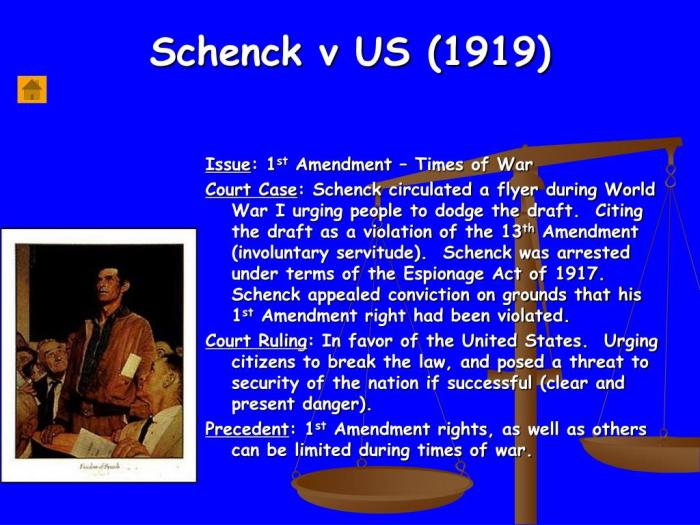United states v taylor 1887 perspectives – United States v. Taylor (1887) stands as a pivotal case in American history, shaping the legal landscape surrounding race and equality. This landmark decision continues to resonate in contemporary discussions on racial justice, making it an essential subject for exploration.
The case involved a challenge to the Civil Rights Act of 1875, which prohibited discrimination in public accommodations. The Supreme Court’s ruling in favor of the defendant, Taylor, had far-reaching implications, underscoring the complex interplay between law, race, and social norms.
Historical Context

In the late 19th century, the United States was grappling with the aftermath of the Civil War and the ongoing struggle for racial equality. The Reconstruction Era had seen the passage of several amendments to the Constitution aimed at protecting the rights of African Americans, but these gains were met with resistance from white Southerners who sought to maintain their pre-war social and economic order.
The Supreme Court played a central role in shaping the legal landscape of this era. Under the leadership of Chief Justice Morrison Waite, the Court adopted a narrow interpretation of the Reconstruction Amendments, limiting their scope and effectiveness.
United States v. Taylor, United states v taylor 1887 perspectives
United States v. Taylor was a landmark Supreme Court case decided in 1887. The case involved the prosecution of two white men for violating the Enforcement Act of 1870, which prohibited conspiracies to deprive citizens of their civil rights.
Questions and Answers: United States V Taylor 1887 Perspectives
What were the key legal arguments presented in United States v. Taylor?
The prosecution argued that the Civil Rights Act of 1875 was a valid exercise of Congress’s power under the Fourteenth Amendment, while the defense contended that it violated the right to private property.
How did the Supreme Court rule in United States v. Taylor?
The Court ruled in favor of the defendant, holding that the Civil Rights Act of 1875 was unconstitutional because it exceeded Congress’s authority under the Fourteenth Amendment.
What was the significance of United States v. Taylor?
The decision in United States v. Taylor significantly weakened the Civil Rights Act of 1875 and hindered efforts to combat racial discrimination in public accommodations.


